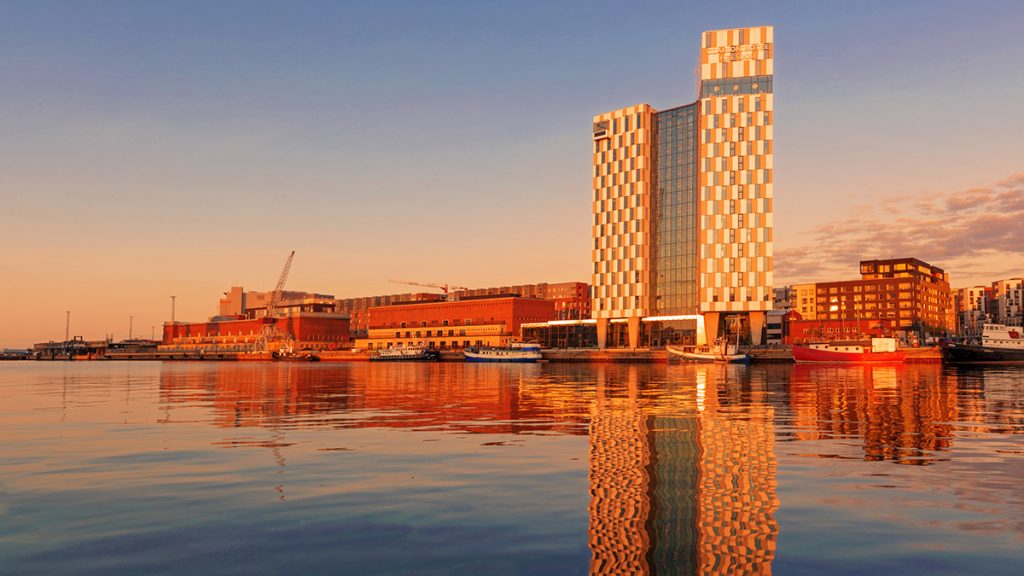Helsinki is one of the leading cities in the fight against climate change, with the goal of becoming carbon neutral by 2030. The heating system is at the heart of the battle, as its emissions account for more than half of Helsinki’s total emissions. The City of Helsinki arranged 2020-2021 the year-long international one million euro Helsinki Energy Challenge to find future-proof solutions to heat the city during decades to come. The Challenge was one way for Helsinki to participate beyond its own relative size in solving the global climate issue.
The challenge competition generated fresh views and new kinds of collaboration
The Helsinki Energy Challenge showed that emissions-neutral heating can be reached through many different kinds of solutions.
The finalist solutions emphasised that the heating system of the future must be resilient and acknowledge upcoming technologies, but that we should not stop to wait for them. The optimization of energy production and consumption is another priority in the future heating system. Many of the Helsinki Energy Challenge proposals included also steps towards a two-way district heating network and models with several heat producers.
Incorporating electric heating technologies to the heating system was a common theme for many solutions. Carbon-free electricity is easier to produce than carbon-free heat, and therefore, electric heating technologies, such as heat pumps play an important role in several solutions.
The competition showed that the heating system of the future is made up of several partial solutions and actors, which have been optimised to work together. A system of this kind challenges the traditional approach. In the future model, there are many actors and the integration of interests requires deliberation of the thoughts and operating models.
The competition attracted 252 proposals from 35 countries. An international jury selected four winners from the ten finalists. Through the Helsinki Energy Challenge, Helsinki was offered as a testbed where future-proof heating solutions can be created. The competition’s international popularity surprised the organisers. The competition inspired multidisciplinary teams from all around the world to participate. Several teams carried on with the collaborations and this will likely multiply the benefits of the competition.
Competition program (31 March 2020 updated version) PDF
Finalist teams
Award winner: Beyond Fossils PDF
Award winner: Smart Salt City PDF
Award winner: The Hot Heart PDF
Recognition award : CHP Consumers to Heat Producers PDF
Finalist team: CarbonHelSinki PDF
Finalist team: Flexible Future PDF
Finalist team: Sustainable Heat Coalition PDF
Finalist team: Use it Or Lose It PDF
Further information:
Laura Uuttu-Deschryvere, Head of international relations, City of Helsinki, tel. +358 40 717 6415, laura.uuttu-deschryvere@hel.fi

